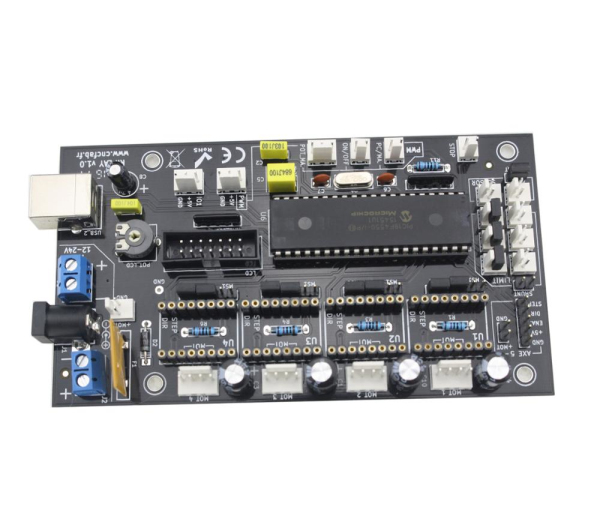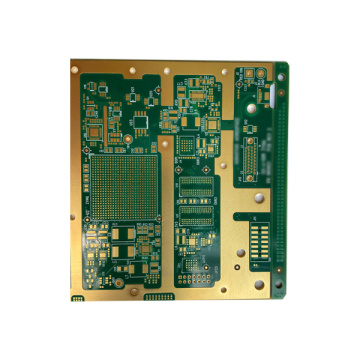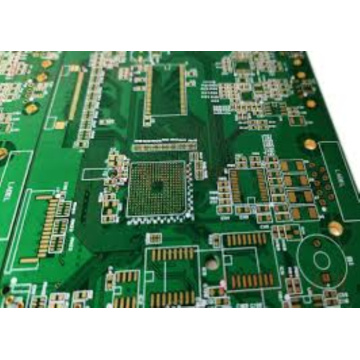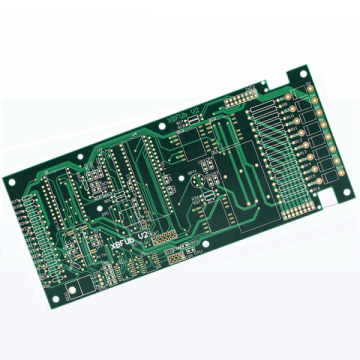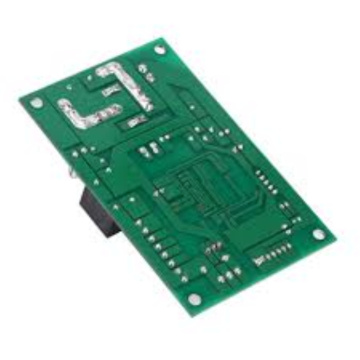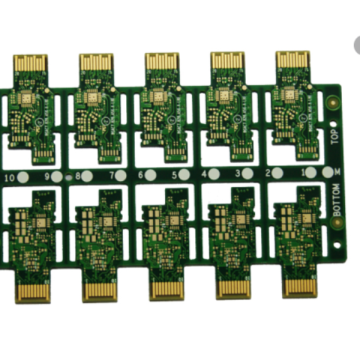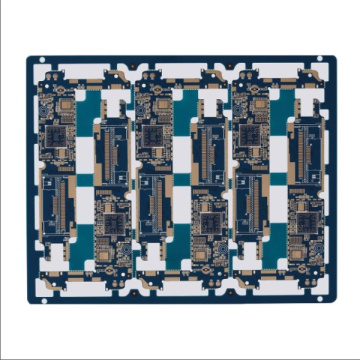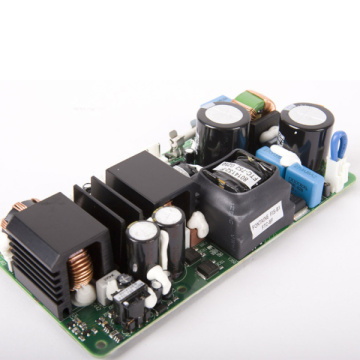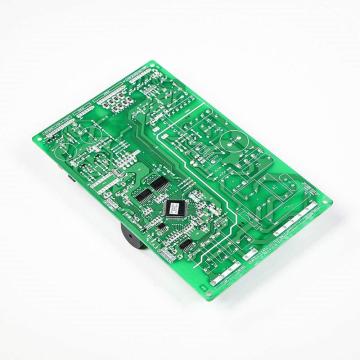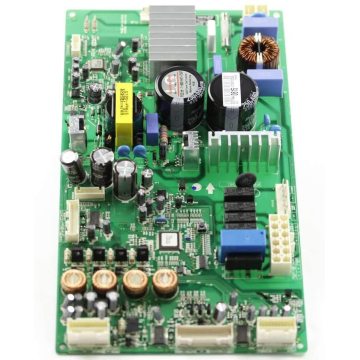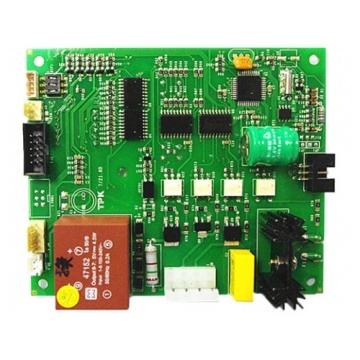What is a flexible component?
"Flexible Electronics" or "Flexible Circuit" is a technology that uses Custom Flexible PCB fabrication for electronic circuits. PCBs made with flexible electronics use standard components, such as Electronic Components, but they can be molded into specific shapes. This method can produce very compact and robust equipment.
Flexible circuits usually use special plastics to fix the components. These plastics include polyimide, which has very high tensile strength. This means that the structure can be significantly deformed without breaking. Many flexible electronic devices also use flexible flat cables or "FFCs". These types of cables take up much less space than traditional wire harnesses and can be bent without damage.
Electronic devices manufactured using flexible electronic devices have several advantages. The ability to pack the PCB into the desired shape allows the creation of very compact and efficient layouts. For example, digital cameras that use traditional rigid electronic devices usually have to use rectangular circuit boards. The camera with Rigid-Flex Board is not limited to one shape, but can be molded into a more compact design.
Some devices that use flexible electronic devices are specially rigid-flex pcb designed to bend or deform in daily use. Many folding phones use flexible PCB assemblies to withstand the pressure of constantly opening and closing the display. 6 layer Rigid-flex Immersion Gold PCB can be used to make sturdy gadgets. Computer monitors are a technology that is very sensitive to shock and vibration, such as the rigid displays of laptops or smartphones. If hit by an object, it may be permanently Damaged flexible electronic devices can resist the destructive force of destroying ordinary screens. This is similar to the difference between dropping a piece of glass and a piece of plastic. The structure of the plastic part allows it to absorb energy without being permanently affected.
Many researchers are seeking to use flexible PCBs for the next generation of mobile electronic products. In the future, extremely flexible plastic displays can be used as digital newspapers and magazines. These devices can be folded or rolled up like paper, but still allow users to view graphics and data. This technology can also be used to integrate flexible solar panels or other electronic devices into clothing. Some scientists hope that this method can keep the device charged throughout the day and help integrate useful gadgets into daily life.



